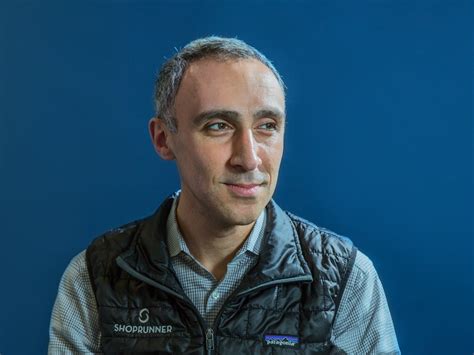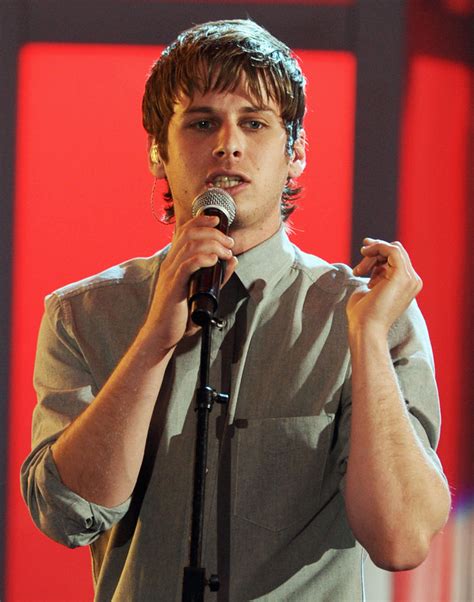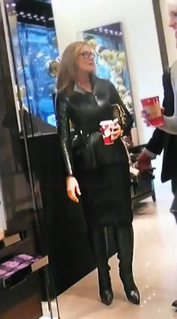A Quote by Jay Shetty
The quicker we can transfer our online connections to offline ones, the more meaningful social media becomes; rather than just leaving them there and chatting to people. So I really believe in the transfer of online to offline and I think that can make a huge impact.
Related Quotes
When I am abused online I take snapshots for evidence, I report it to the social media platform and I ban the abuser. If I am threatened with violence I report the abuser to the police. It is vital to remember that threatening violence online is just as illegal as it is offline. Know your rights and the reporting procedures of any online platform you use.
Being open and observant of people and the world around you is really important. People have the same desires and needs online as they do offline. The way that people are stays constant. You can change the format, make it easier for them to communicate or use photos instead of words but human necessities never change.



































